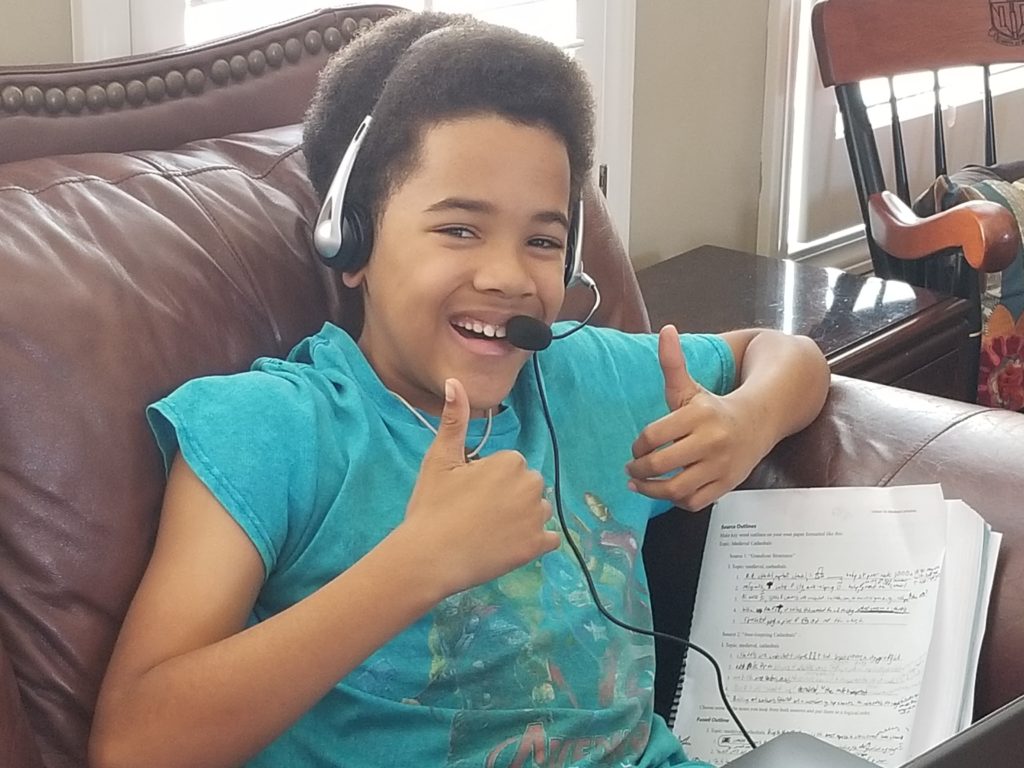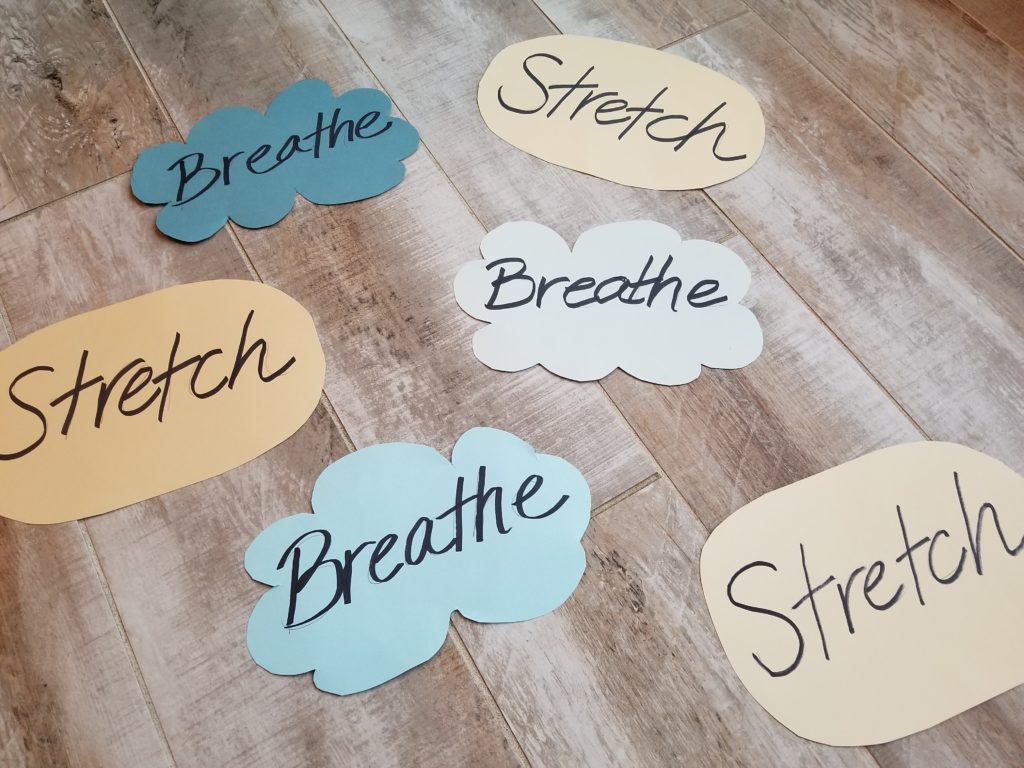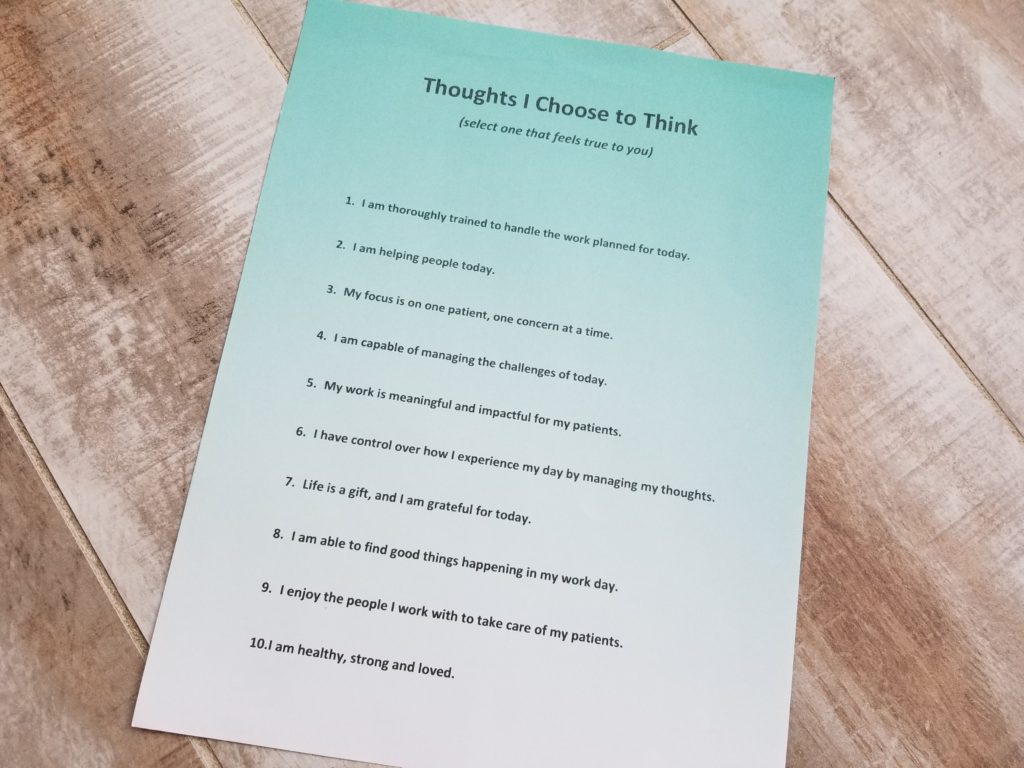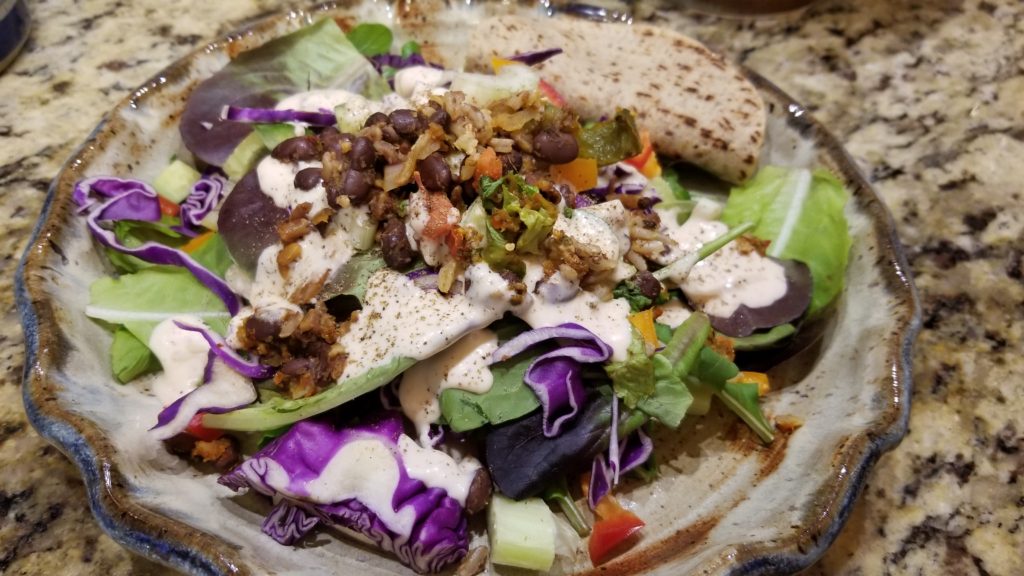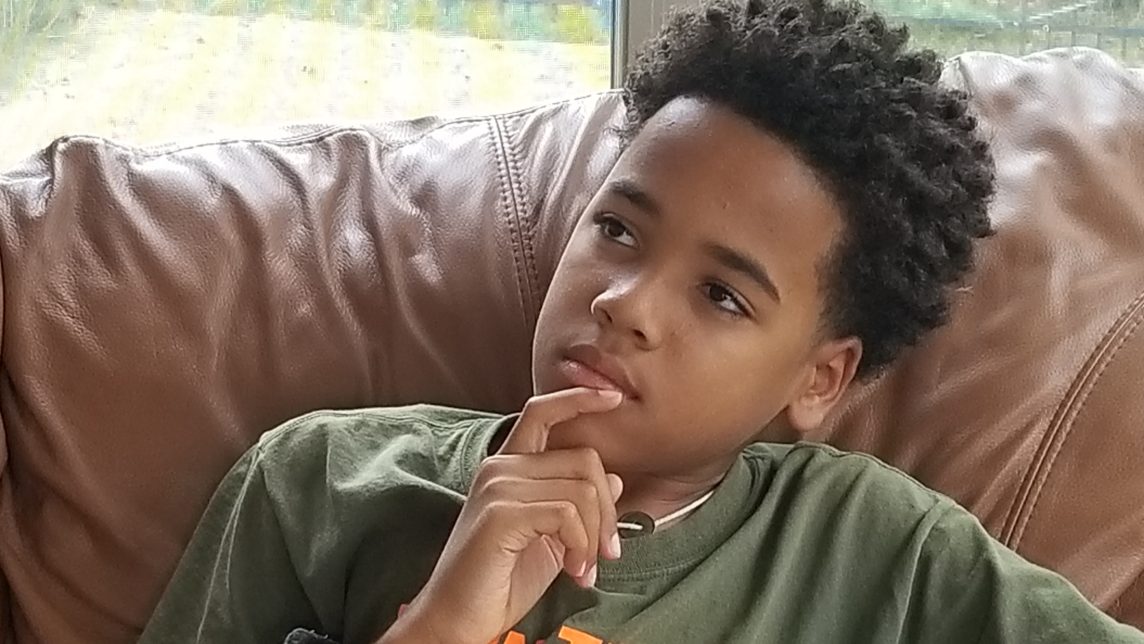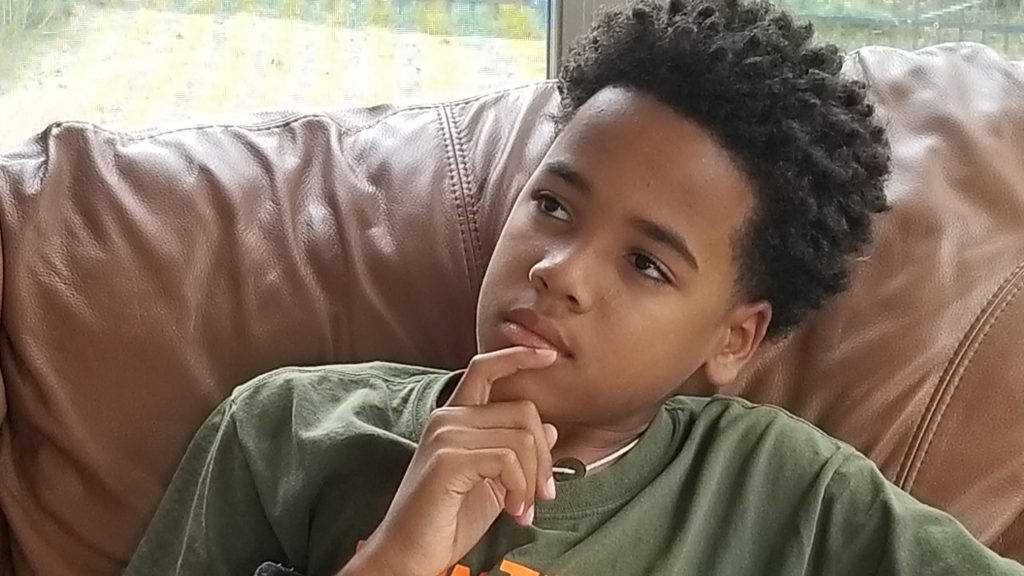You know, there’s talk about fasting everywhere. The new diet craze is intermittent fasting or IF. People are generally using IF to lose weight, but there are other reasons to fast. Some fast to clear their minds, some do it for spiritual focus and prayer, some do it to decrease inflammation and allow the body to rest. All are good reasons, and the benefits of fasting are legion. But…
Every time I think about fasting I don’t want to do it. Fasting is one of those things that brings up immediate resistance for me, almost every single time. Even when I’m the one who makes the plan and has all the good reasons for planning a fast, I still dread doing it. And it’s not like I’m a novice at fasting. I have spent many days doing IF and I’ve fasted for times of prayer both in and outside of the church. They’ve been beneficial each time. So what’s the problem?

It’s my brain. The thoughts I have about fasting tend to center around deprivation and fear of discomfort. I decided a long time ago that I don’t like the feeling of hunger. Even though I know now that I should welcome hunger, that hunger is needed for weight loss and maintenance, and that clear stomach hunger is a good sign that my body is working well and that eating is a healthy thing to do if I have time, I still don’t want to feel it. Years of avoiding hunger has trained me to think of it as the enemy, as something to keep away at all costs. That’s how I stayed overweight for all those years! So when a day of fasting at church was announced, I was dismayed to find out that it was scheduled for my day off, a day when I wouldn’t be distracted by seeing patients or doing surgery, a day that was less likely to fly by with busyness.
Fasting also makes me feel like I’m going without something I should have. My mind says that if I’m hungry, I ought to be able to eat. Other people get to eat, so why do I have to miss out? Besides, I like having my cashews or coffee or soup or whatever I’ve planned, so why can’t I have them? Here’s the thing: I can. I don’t have to fast. But if I choose to fast, then these thoughts are designed to produce feelings of deprivation, resentment, resistance, and fear that make the fasting experience SO unnecessarily unpleasant. Physical hunger alone is not the only thing that makes fasting a challenge. It doesn’t have to be as difficult an experience as my mind wants to make it.
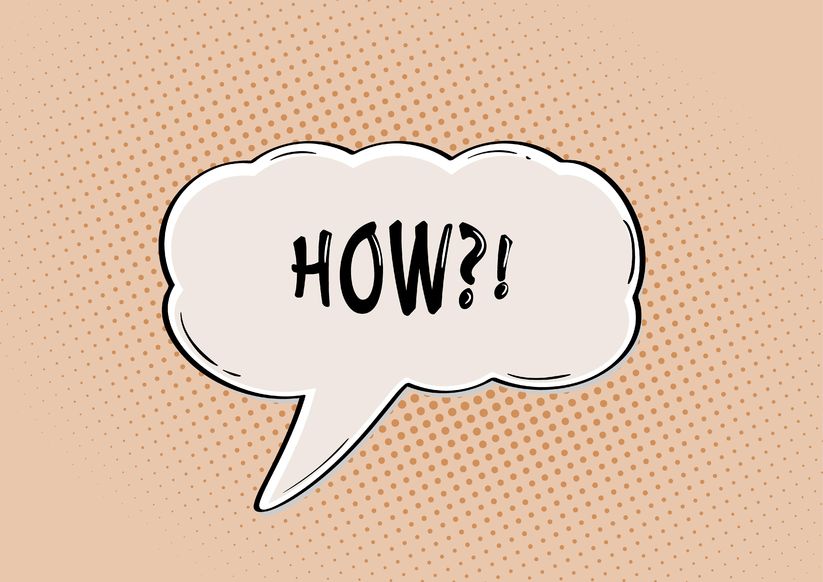
Let’s break one of these thoughts down. As an example we’ll take the first one, the “I don’t like the feeling of hunger” thought. The fact is that I am observing a day of fasting. The thought I have is that I don’t like the feeling of hunger. The feeling that thought produces is dread. When I feel dread, I think a lot more thoughts about how much I don’t want to fast, how I really wish we could do this on a day when I’m busier, how many different foods I’d like to eat that day, and I argue back and forth with myself about whether I want to participate in the fast anyway. I also might eat extra snacks or food the day before because I feel like I should fill up before the fast. (That doesn’t work. I’m not hibernating for the winter. I’m going to get hungry the next day regardless.) So in the end, I spend a lot of time in a mental tailspin, I overeat the day before the fast, and I reinforce the belief I have that I don’t like the feeling of hunger. So the next time I’m considering a fast, the thought that’s easy for my brain to offer up is this same one.
This thought isn’t working for me. Actually, it’s working against me and sabotaging not only my weight goals, but it’s making my spiritual day of fasting unpleasant in a way that isn’t useful. So what can I do? The good news is that I am the mother of my mind, and I can train it to think differently. It takes some effort and practice, but it’s doable. How do I find a more useful thought? There are different ways to come at this, but I want to feel something other than dread when I think about fasting and hunger. Actually, I’d like to welcome hunger. So, if I want the feeling I have about hunger to be “welcoming”, then what thought would help me feel welcoming about hunger? The thought I choose is: “Hunger is a useful feeling”. When I think this thought, I can come up with lots of reasons why it’s true – feeling hunger helps me know I’m eating when I should, food tastes better when I’m hungry, I know I’m eating for my body instead of emotional reasons, and when I eat only for hunger my body finds its correct weight. Now, in order to feel welcoming, I am going to have to practice thinking that hunger is a useful tool. It’s not going to be automatic like the “I don’t like the feeling of hunger”, because I haven’t practiced it as long. But if I remind my brain that the first thought is not helpful and practice the new thought, I will retrain my brain and the suffering that comes from the first thought is removed from my practice of fasting. When I plan a fast and welcome hunger from the thought that “Hunger is a useful tool”, I will look forward to the fast and the benefits that come from experiencing hunger. I won’t overeat to prepare for the fast, I won’t torture myself with the resistance, and I’ll expect and welcome the hunger when it comes. I’ll see the hunger as helpful instead of to be avoided. My entire experience of the fast becomes more calm and peaceful instead of a painful slog to the end.

I hope this helps you to work on your thoughts, whether they’re about fasting or something else that causes lots of mental chatter and bother. Coaching yourself through your thoughts is incredibly powerful! But if you feel like you’re not able to make as much change on your own as you’d like, that’s what a coach is for! If you’d like to do a mini-session to try out coaching for yourself, especially in the area of weight loss, then I’d be happy to set up a time with you. The mini-session is free of charge and you get to try out coaching and see if it’s for you. Let me know in the comments below!









